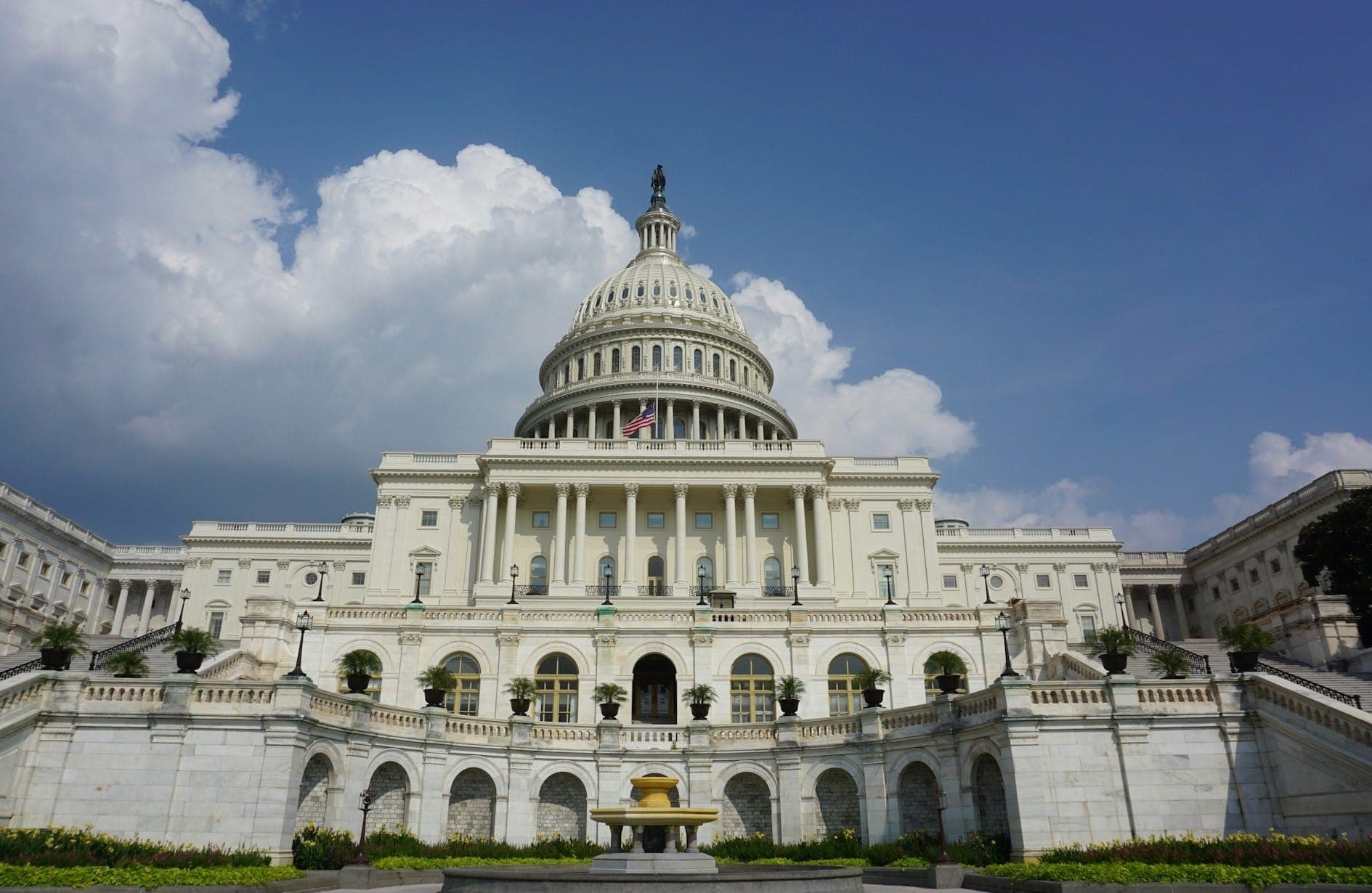Congress to Enter Its Most Divided Term in Modern US History

Photo by Quick PS on Unplash
Pew Research Center analyzed historical data going back to the 88th Congress (1963-65) and found that the majority party in the upcoming term, the Republican Party, will have the slimmest majority in the House in modern history.
However, what is missing from this conversation is the partisan gamesmanship that has caused Congress to look and act the way it does today -- which is a stark contrast from the 1960s.
Republicans will start the 119th Congress (2025-27) with a 5-seat majority, a number that is expected to temporarily shrink as 3 GOP-controlled seats will be vacated near the start of the year due to presidential appointments.
These seats will then have to be filled by special elections.
Not only does this point to continued gridlock, but as certain factions within the Republican ranks -- like the Freedom Caucus -- have shown a willingness to defy party leadership, voters can expect even more dysfunction on Capitol Hill.
Slim majorities are not new to Congress. In fact, they have been the norm in recent decades. House Republicans will hold a 50.6% majority, which is the same percentage they held in the 107th Congress (2003-05).
The 117th and 118th Congresses both started with 51% majorities for the controlling party -- Democrats in the 117th and Republicans in the 118th. Yet, no matter who holds the majority, not much actually changes.
Pew's analysis gets into the "what" of the issue, but not the "why" or "how." The group talks about increased partisan polarization, but it doesn't talk about partisan gerrymandering utilized by both parties to protect their majorities.
It doesn't talk about how gerrymandering is largely the reason why researchers can predict the outcome of approximately 90% of US House elections in 2026, 2028, and 2030 (when the next census occurs).
More specifically, which party wins can be predicted as the most consequential elections in nearly every state are low-turnout partisan primary elections that bar millions of independent voters from participating.
Even when participation isn't conditioned on party membership, partisan primaries limit choice to a single party's candidates -- which also allows parties to weaponize elections against their own members.
"Do as we say -- or we will primary you."
Many voters have heard the term "primaried," but the legacy media ignores the systemic issues that incentivize politicians to reject coalition building and work across the aisle in fear of an intra-party challenge to their seat.
In a healthy political ecosystem, slim party majorities should open the door to certain factions within both parties to work toward solutions. This, however, is not how the US political machine was designed to operate.
In fact, it is the only industry in the US that takes in billions of dollars and offers a net zero benefit to its consumers -- in this case, voters.
It is easy to mention increased polarization, but when the systemic failures that have created America's political crisis are ignored, it allows for those who benefit from the status quo to say this division is a reflection of the electorate.
It is, in fact, a division forced on the electorate. From the start, voters are told to pick a side in the primaries -- Republican or Democrat. Then, they are told a vote for anyone else is a wasted vote or spoiler.
A voter can't afford to vote for a third party or independent candidate because it could result in their least preferred option winning. This is why half of Americans admit they vote with a "lesser-of-two-evils" mindset.
It is also why it is easy for the media to ignore the fact that Americans agree on several policy positions because every discussion has to be framed as "Team Red" versus "Team Blue."
None of this is by accident nor can it be said that any consequence of US elections at any level is unintended. All of these things are connected and all of it is by design.
It is hard to tell exactly what is in store for the US in 2025, but one easy prediction is that voters will have little reason to look at Congress with more favor than they do now.
And while voters will be frustrated by their government, those in positions of power and who benefit from how the US political machine operates will try to keep people's attention away from the sources of the problem.
 Shawn Griffiths
Shawn Griffiths






